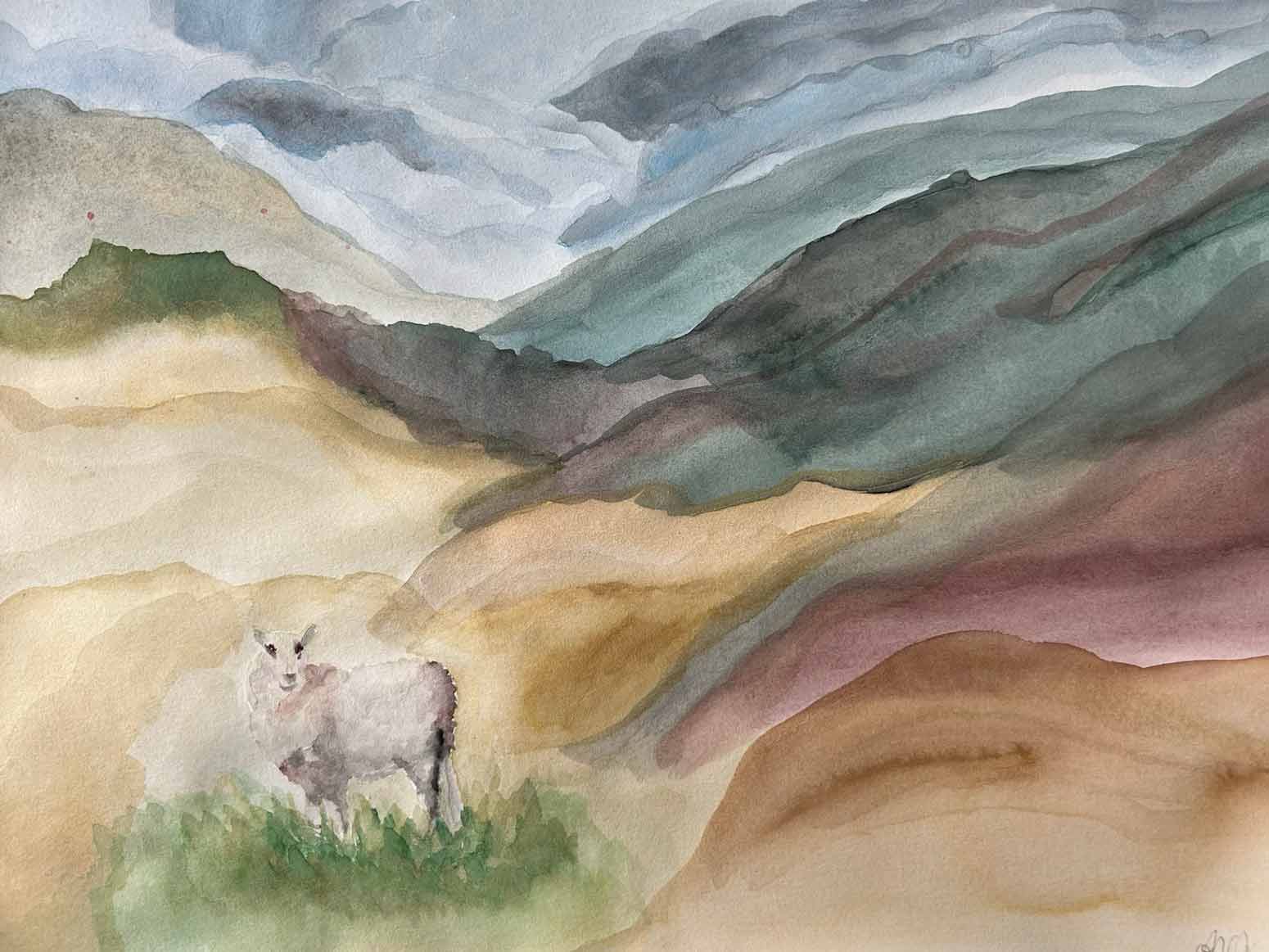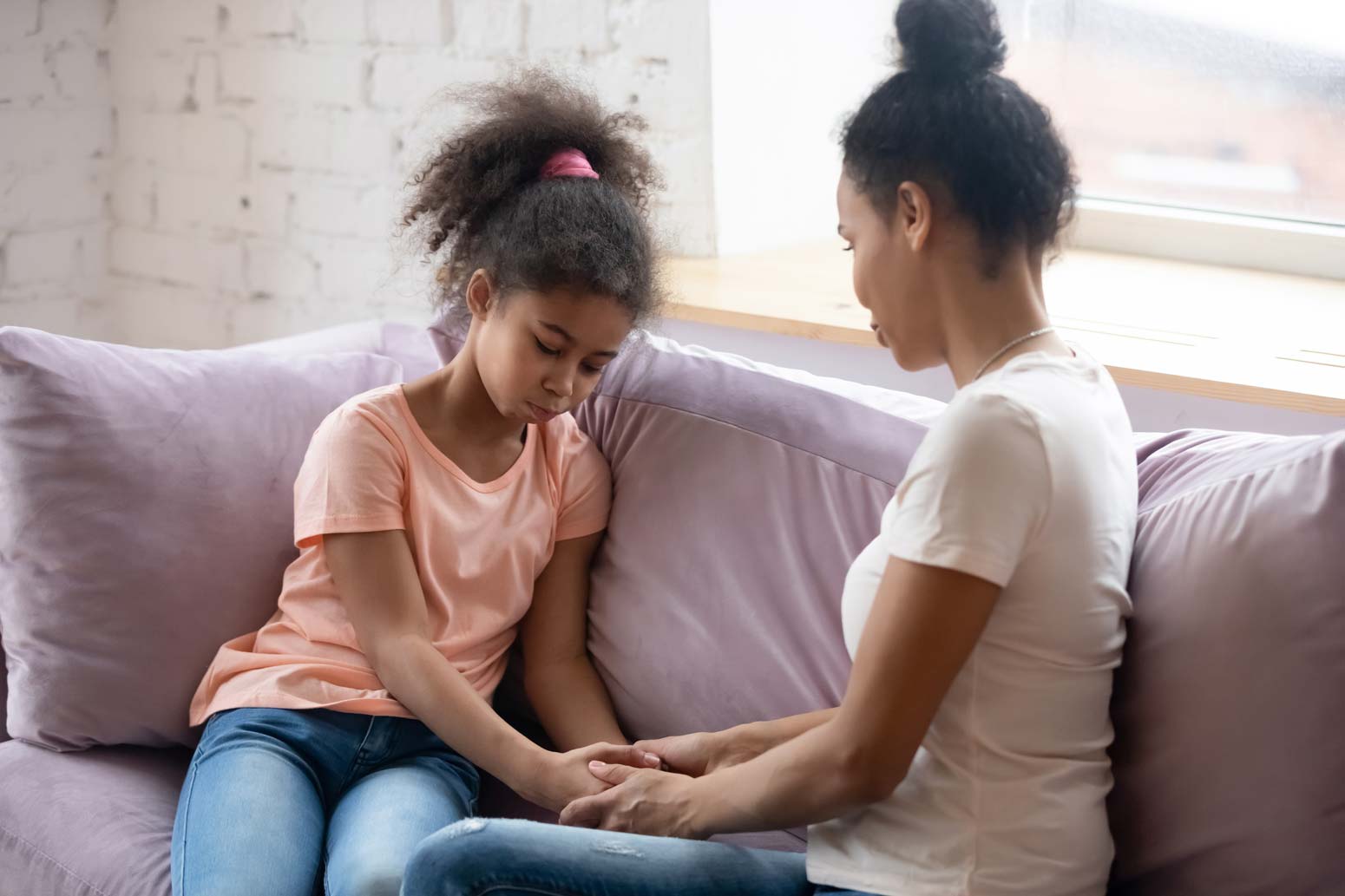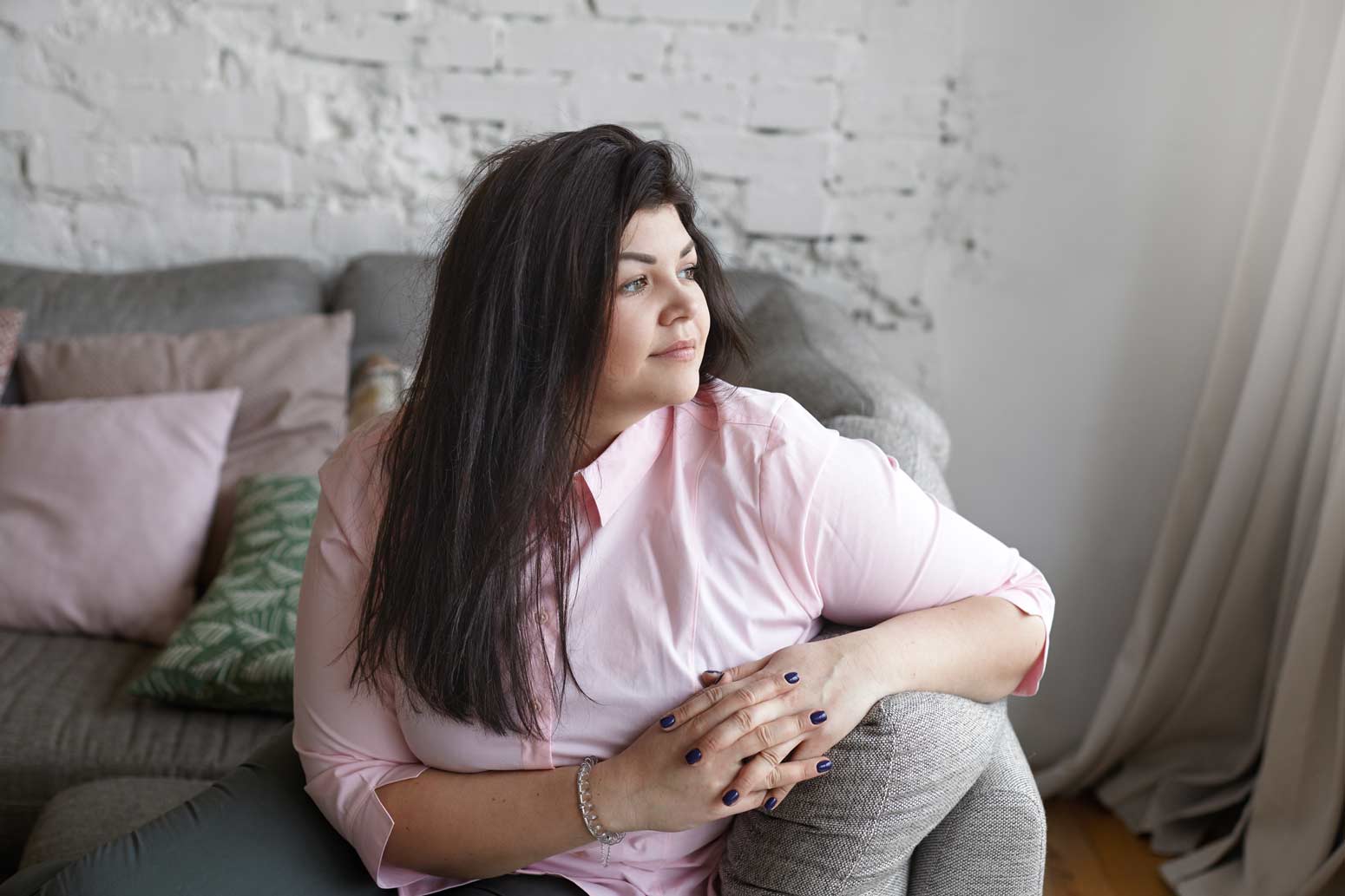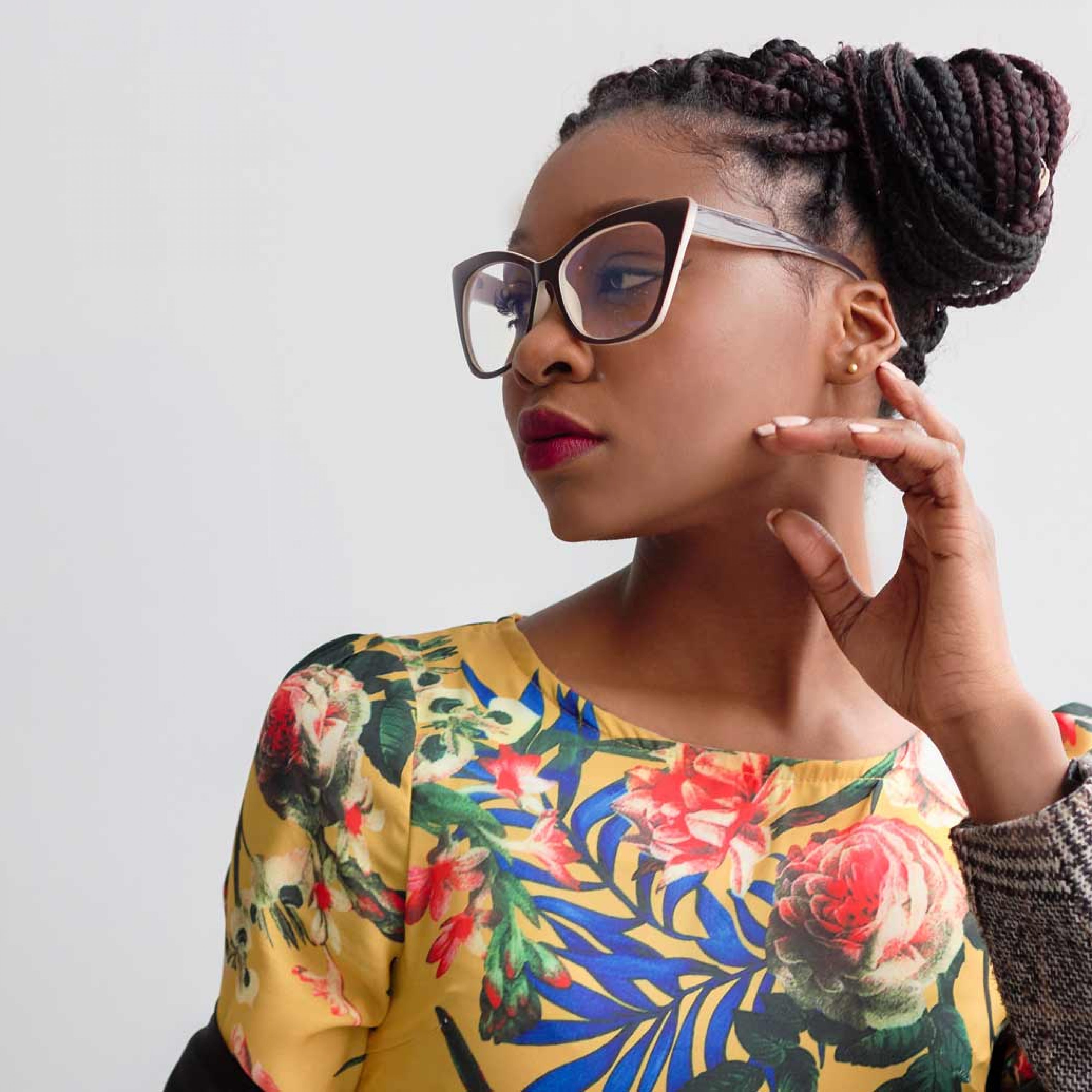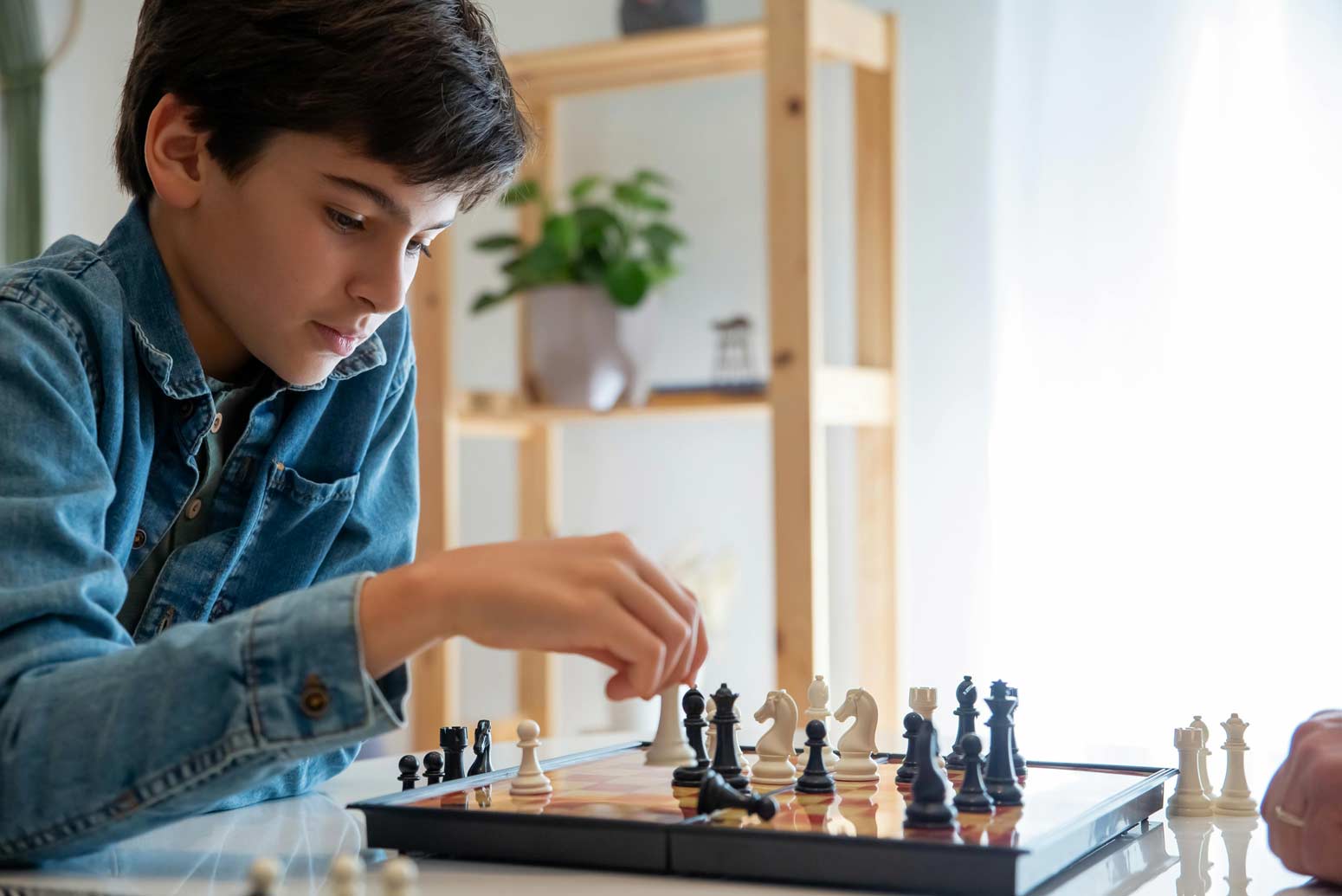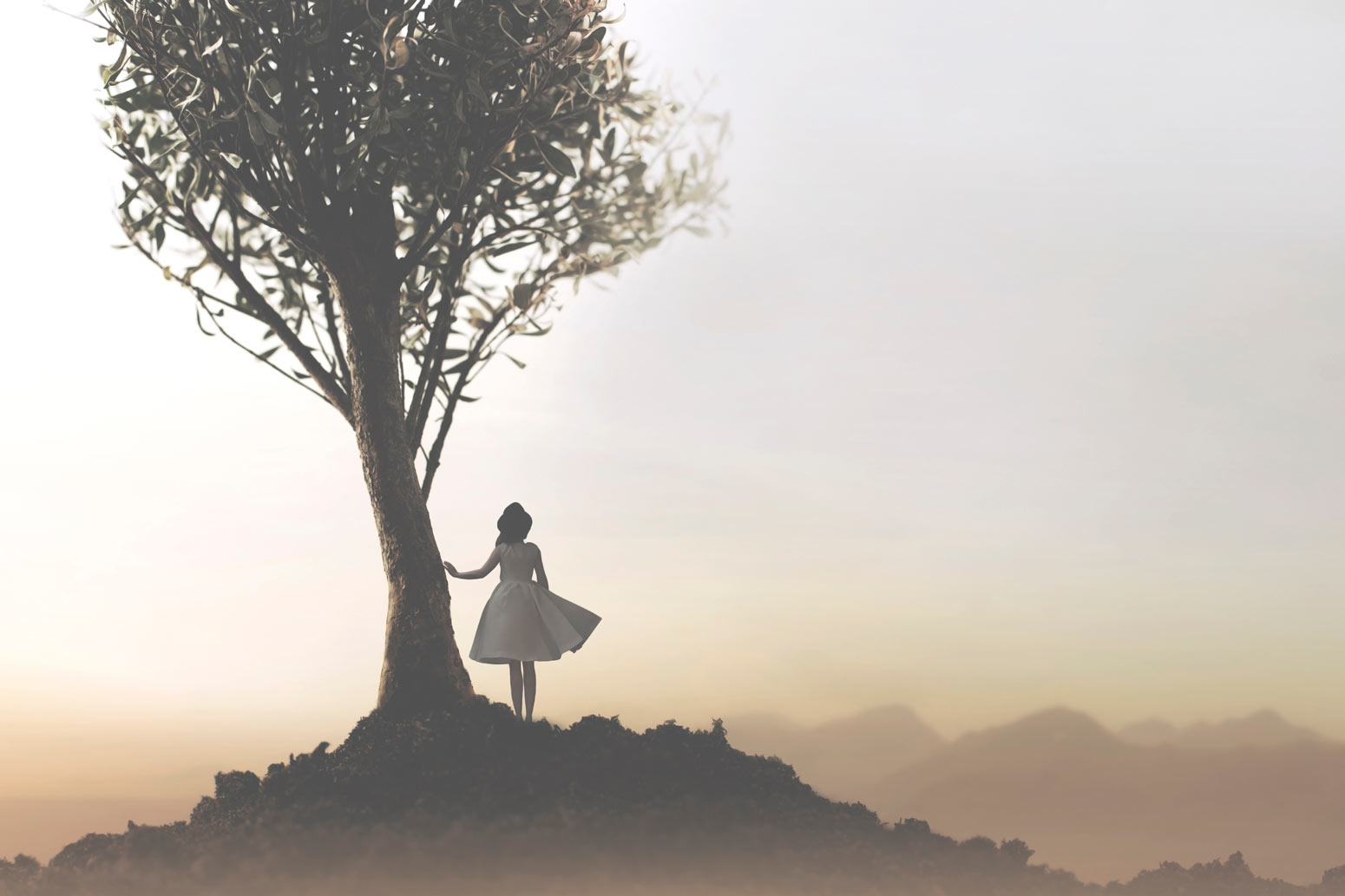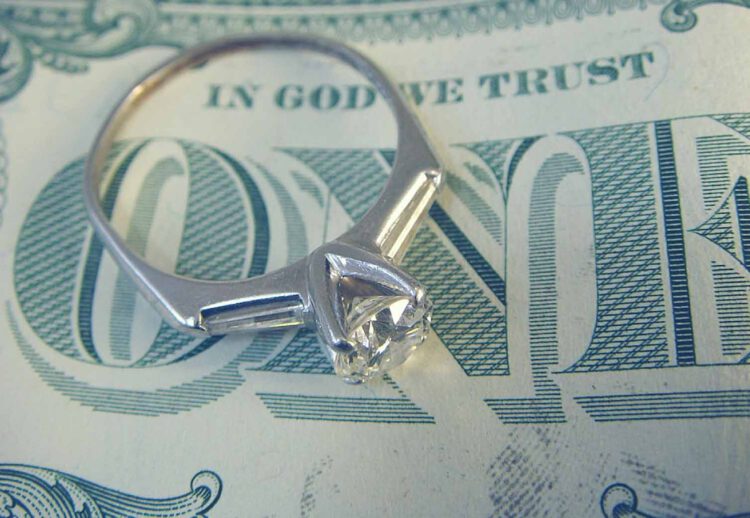I was a dreamer from the day I was born until eight years old. I was going to be the world’s very first Sierra Leonean Ballerina, violinist, singer, and actress all wrapped up in one, big entertainment bow. Although that’s a mouth full, my dreams were endless. It’s mostly in adulthood that we realize the reality of these endless dreams, and we shift to a more logical and reasonable path. For me, that realization came earlier, way earlier.
Before I was a mom, I was a businesswoman. Before I was a businesswoman, I was a wife. Before I was a wife, I was a refugee. This last label stung. I didn’t want it on my resume of life, nor did I want to identify with it. In our society today, the word refugee carriers an uneducated stigma. If you look up the definition in most dictionaries, you will see it always states a person who is “forced, unwilling, to leave their country.” In some parts of our society, the definition has become “terrorist, illegals…those dangerous people.” To me, the definition was my mom, my dad, and my sister and I living a life without either of them.

At the age of eight, the stage light of my very “center stage” dream was turned off and the reality of death shined brighter than the sun. My family and I had found ourselves in our second civil war in our home country of Sierra Leone, West Africa.
There was no more room in my head for dreams and aspirations, only survival, as we spent the first few days with endless bombs and gunshots over our heads. By the third day, a glimmer of hope shone as the UN started evacuating U.S. citizens. Our father was in Seattle, Washington for work, which left me, my mom, and my older sister, Angie, who was nine at the time, in Sierra Leone. We hoped to be evacuated as a family because Angie was a U.S. citizen as she was born in Mississippi.
As evacuation day arrived, Angie, my mom, and I made our way to the UN ship. Upon arrival, we were told that each American could only bring one Sierra Leonean with them. At that moment I understood the selfless duty of motherhood as our mother, Jeneba, refused for Angie and me to be separated and sent us without her. I still remember the goodbye that day; it wasn’t your ordinary “see you later.” That goodbye carried death in its voice. We knew it would only be an act of God for us to be able to see our mother again. We held her close for one last embrace before disappearing onto the ship.
We made our way to Seattle, Washington to be with our dad, only to find out that he had left that morning to go back to Sierra Leone to find us.
Purpose? What purpose? My 8-year-old self couldn’t comprehend the purpose of life. We are born, and then we die. That’s it. No second act. No intermission with the yummy hot chocolate. No applause. At that moment, Angie and I were forced to envision a life without our parents. Curtain closed.
I was a refugee. There was no room in my head for dreams and aspirations, only survival.
The following days and weeks felt like an eternity, and there were more questions than answers. Were we orphans? What would happen to us? Why did this happen? Our torment was finally relieved when we received a call from our dad. He had found our mom, and they were headed to America to start a new life with us.
The reunion with our parents happened 22 years ago. Of those 22 years, I spent 18 of them without any understanding of my purpose. I knew, based on my faith as a Christian, what my overall purpose was, but I wanted purpose without my past. I wanted to speak, encourage women, and to change the cultural diversity dynamics in the workplace. I wanted to do all these things without acknowledging my story. But we can’t do that. Embedded in the cavernous core of our purpose is who we are and who we are designed to be. Where we have come from and what we have been through. That’s the story that wants and needs to be told. It makes us relatable, but most importantly it makes us, us.
Four years ago I realized, for me to live my purpose, I must live “untitled.” Living an untitled life allows me not to be defined only as a refugee. Yes, it’s part of me, but not all of me and certainly not the essence of me. That shift in my mindset has allowed me to dream again. So much so that I sometimes take adult ballet classes for the fun of it. I also still enjoy playing my violin and depending on which of my family members you may ask, they will let you know I’m a pretty good actress and singer…at least in their eyes.
Here are two, practical ways that I encourage myself to live an untitled life daily (and how you can start, too!):
1. Take the “just” out of our titles.
I hear this all the time: “I’m just a mom”; “I’m just a victim of sexual abuse”; “I’m just a woman.” Oh, darling, if you only knew that you were so much more! There is a power that happens when we take the “just” out and replace it with “and.” I’m a mom and someone’s hero. I’m a victim of sexual abuse and an overcomer. I’m a woman, and that makes me limitless.
2. Use the past to redefine the future.
It’s go time, ladies! I may have missed the boat on becoming the ballerina I was so hopeful about due to the war, but through my experience, a new dream and passion were born. And I accomplished these things in 2016 when I started my business as a Conversation Innovative and speaker, giving a voice to others like myself. Your past has given you the power to redefine your future for the better.
So, live life. Live it untitled.
—
For encouragement from other strong women, check out:
How Do I Know What Defines Me?
Why I Share My Story of Healing After Domestic Abuse
Skillet’s Korey Cooper Talks About Marriage, Motherhood, and Rock ‘n’ Roll
One Woman’s Journey, Why Rebekah Lyons Wrote “You Are Free”
My Really Different Kind of Family
Don’t miss these popular articles:
Anatomy of a Strong Woman
The Good Christian Girl Who Struggled With Porn
What to Do When He Didn’t Propose (But Should Have)
How to Crush Comparison With a Compliment
Stepmother: The Most Difficult Job in a Family
#gritandgracelife
You’ll love this podcast episode from This Grit and Grace Life: What Makes a Woman Strong (Might Surprise You) – 016!
